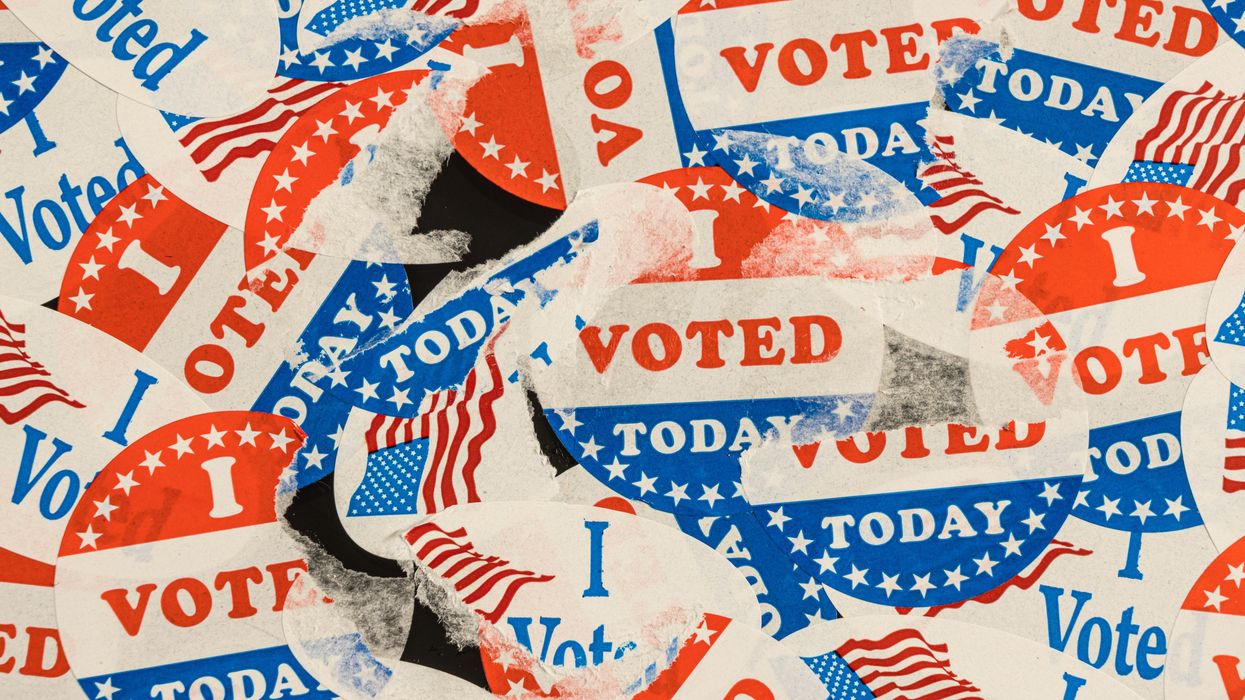The Fulcrum and the data analytics firm Fidelum Partners have just completed a nationally representative study assessing the voting intentions of U.S adults and their perceptions toward 18 well-known celebrities and politicians.
Fidelum conducted similar celebrity and politician election studies just prior to the 2016 and 2020 presidential elections. Each of these found that perceptions of warmth, competence and admiration regarding the candidates are highly predictive of voting intentions and election outcomes. Given this, The Fulcrum and Fidelum decided to partner on a 2024 celebrity and politician election study to build upon the findings of prior research.
The extensive 2024 study revealed some notable findings:
- While former President Donald Trump and Vice President Kamala Harris are tied at 42 percent among likely voters, the outcome will be heavily dependent on turnout, as 81 percent of Trump supporters definitely or probably will vote versus 80 percent of Harris supporters.
- Overall, Harris is perceived more favorably on warmth, competence and admiration than Trump, especially on warmth perceptions (+21 percent).
- However, overall perceptions of President Joe Biden have declined substantially since 2020 (-9 percent), while those of Trump (+7 percent) and Harris (+5 percent) have improved notably.
- The 2024 presidential election will be decided primarily by voters’ warmth, competence and admiration perceptions of the candidates, not their policies or social issues. Eighty-three percent of willingness to vote for Harris is driven by perceived warmth, competence and admiration for her. A nearly equal 82 percent of willingness to vote for Trump is driven by those sentiments.
- Harris and Trump effectively “campaign” for one another with opposing voters: 50 percent of willingness to vote for Harris is driven by negative perceptions of Trump, and 45 percent of willingness to vote for Trump is driven by negative perceptions of Harris.
- Trump and Harris both draw most of their support from their respective political parties, but nearly 40 percent comes from other voter groups, highlighting the significance of these non-aligned voters in the outcome of presidential elections.
In addition, the report provides penetrating data on where voters stand on 12 key social and political issues, as well as insights on the impact of celebrity endorsements, differences between Democrats, Republicans and independents and much more.
The study was run by Fidelum, a research-based consulting and data analytics firm that specializes in customer loyalty insights, strategies and results. Its proprietary HUMAN Brand insights model was first published in the Journal of Consumer Psychology in 2012 and has since been cited and validated in over 800 peer-reviewed academic publications. It was also detailed in an award-winning book, “The HUMAN Brand: How We Relate to People, Products & Companies.”
The 1,546 respondents in the study were recruited, weighted and balanced to reflect the demographic and geographic profile of U.S. adults based on the latest census estimates. The resulting study margin of error is 2.4 percent.
In the coming weeks, The Fulcrum will take a deep dive into the key findings of the study, offering our readers valuable insights in voting intentions, drivers of voting behavior, the role of celebrities in the political process and the overall role perceptions of warmth and competence will play in determining who voters will choose in November.
In the meantime, the full report is freely available for review.



















 From left to right: Gabriel Cardona-Fox, Bud Branch, Joe Concienne
From left to right: Gabriel Cardona-Fox, Bud Branch, Joe Concienne 
Trump & Hegseth gave Mark Kelly a huge 2028 gift